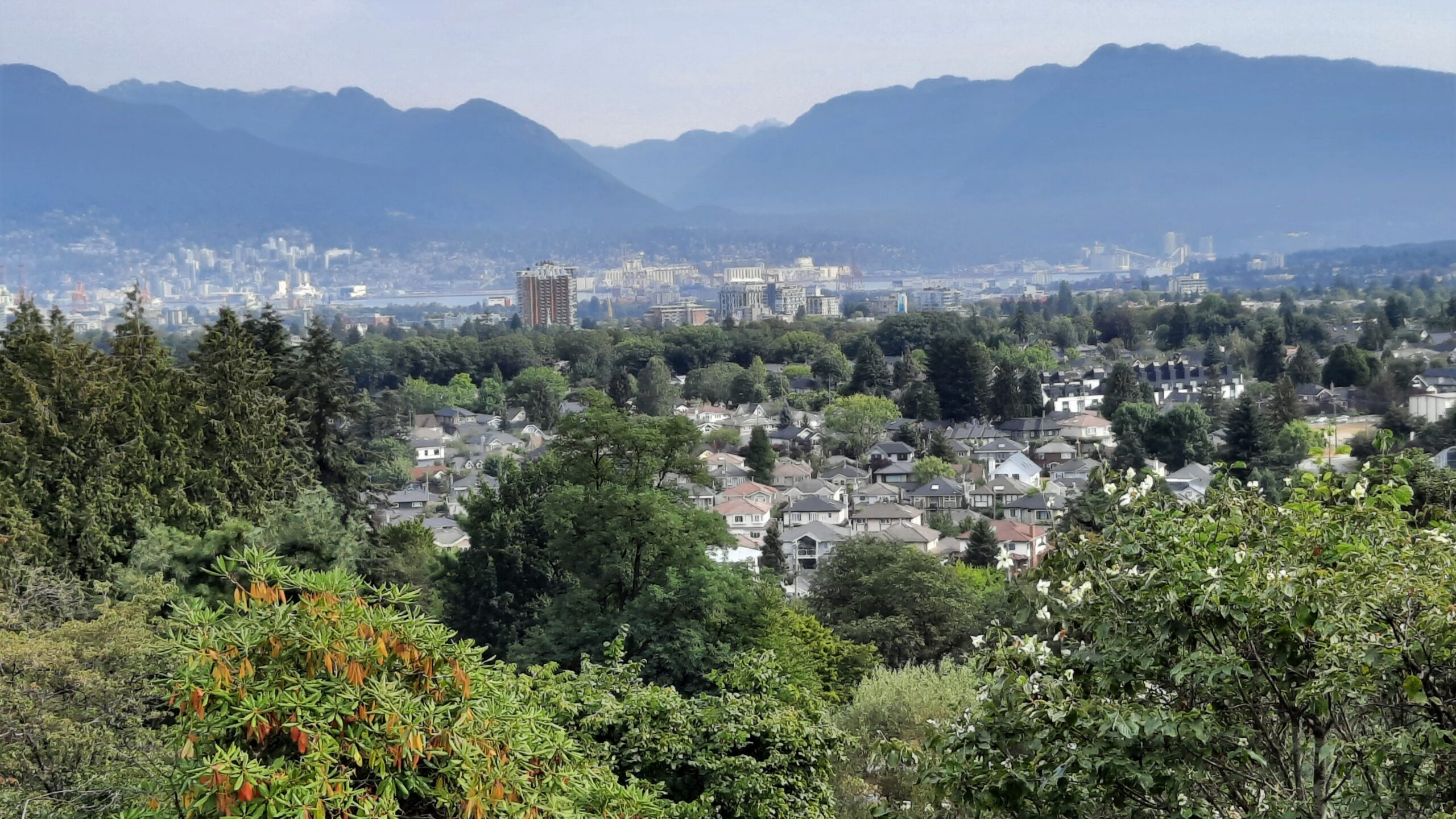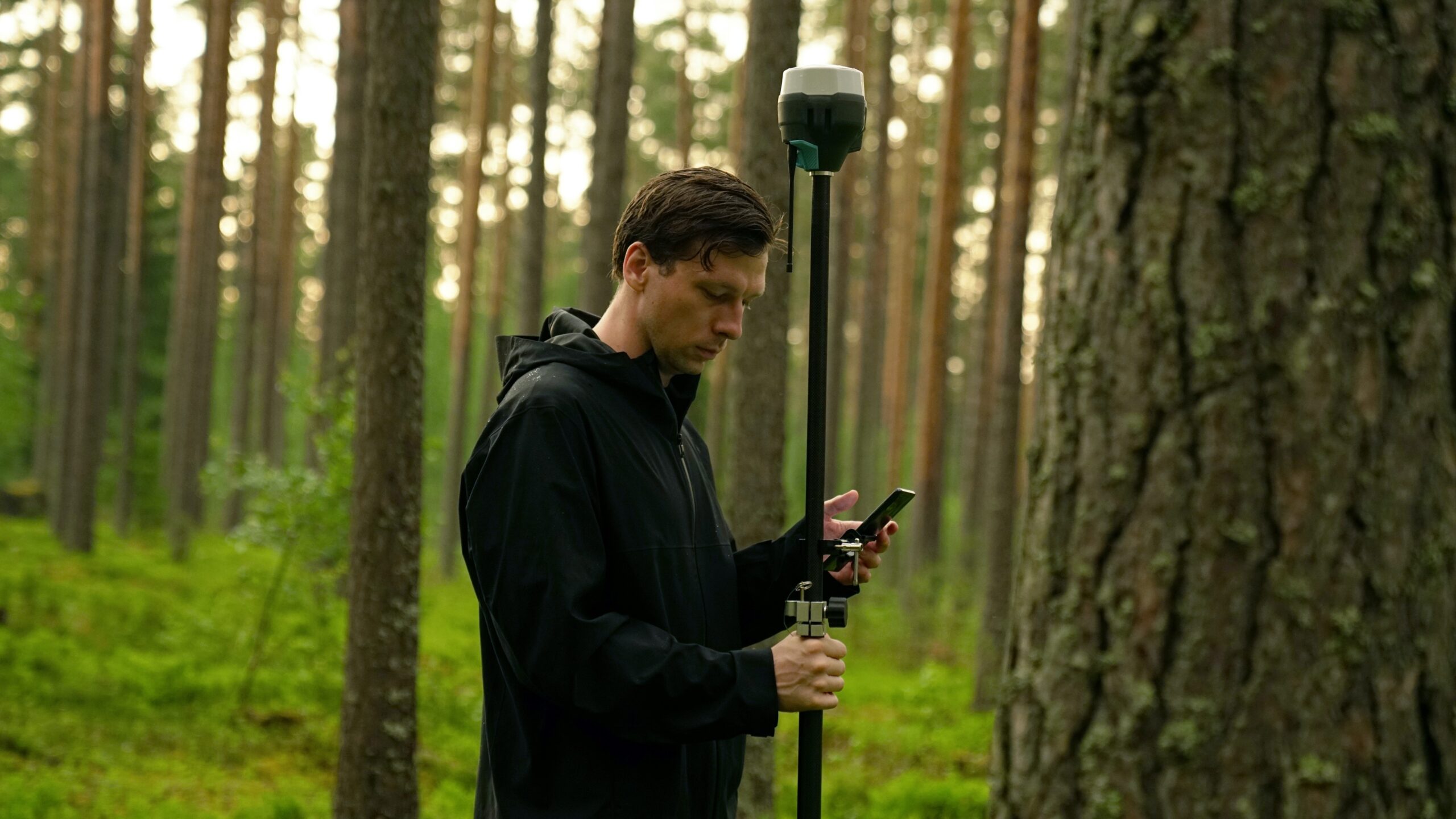
In summer 2022 it was two years ago that the Nature Based Solutions Institute was set up by Johan Östberg and Cecil Konijnendijk. Both had experience from both academia and consultancy. From working with cities, national governments, and international organisations in over 30 countries, they had started to see the need for linking the latest science and knowledge with the best possible decision making. In this way, urban forestry and urban greening across the world could be strengthened and programs and policies could be implemented more successfully. There is often a lack of evidence-based decision-making in city greening. In many cases, research gets lost in translation – if it is already found at all by decision makers!
Working as a think tank
From our long experience working with green space planners and managers, as well as other decision makers, we know there is a wish for better information and tools for decision making. But policymakers and practitioners often don’t have the time to go through scientific articles and hefty scientific reports. NBSI tries to meet this demand, by offering the latest research and evidence in easy-access formats. We often develop policy briefs based on current evidence, for example. We also make connections between decision makers and practitioners on the one hand, and the leading experts on specific topics on the other. This can be through training sessions, seminars, or networking events, or just by making the needed connections.
Packing knowledge and providing guidance
NBSI is perhaps best known for its 3-30-300 rule for greener and healthier cities. The rule, which is based on some of the latest research, aims to bring trees and green space to everybody’s doorstep. It states that everybody should be able to see at least 3 larger-sized trees from their home, workplace, or place of study. Everybody should also live in a neighbourhood with at least 30% canopy cover. Finally, it should not take you more than 300 metres to get to the nearest high-quality public green space. This rule is currently being implemented across the world and we support cities that use it. We also work with tools such as i-Tree to assist decision-makers. We regularly develop policy briefs and guidance documents, such as recent ones for the United Nations Economic Commission for Europe and the Nordic Council of Ministers.

Developing better plans and strategies
We also engage ourselves directly in the development of plans and strategies for city greening. Last year we were part of a team that developed the first ever Urban Forest Master Plan for Birmingham, UK, for example. We assisted the Flemish government with their planning of greener municipalities where public health benefits are in focus. Together with our partner Treeconomics, who also led the Birmingham work, we are currently working with Future Woodlands Scotland to set up a new urban forestry program across Scotland. This program will use the 3-30-300 rule as target for all municipalities.
Communication is key
It is essential that decision-makers, as well as other key stakeholders, are aware of the many benefits of trees and green space. NBSI puts a lot of effort into communicating these benefits, and the need for proper planning and management of trees and nature. Urban trees often don’t get very old; they die before various ecosystem services really start to be produced at a larger scale. Proper management and good stewardship are needed. Sometimes the focus is too much on planting new trees. We have coined the term ‘greenwasting’ as a complement to ‘greenwashing’: often intentions in greening projects are good, but a lot of resources are wasted unnecessarily.
Through packaging the best research, offering guidance, contributing to better planning, and our communication efforts, NBSI contributes to greener, healthier, and more resilient cities. Greener cities are usually better cities – and we want everyone to be aware of that.
Authors:
Cecil Konijnendijk, Johan Östberg and Corey Bassett (Nature Based Solution Institute)